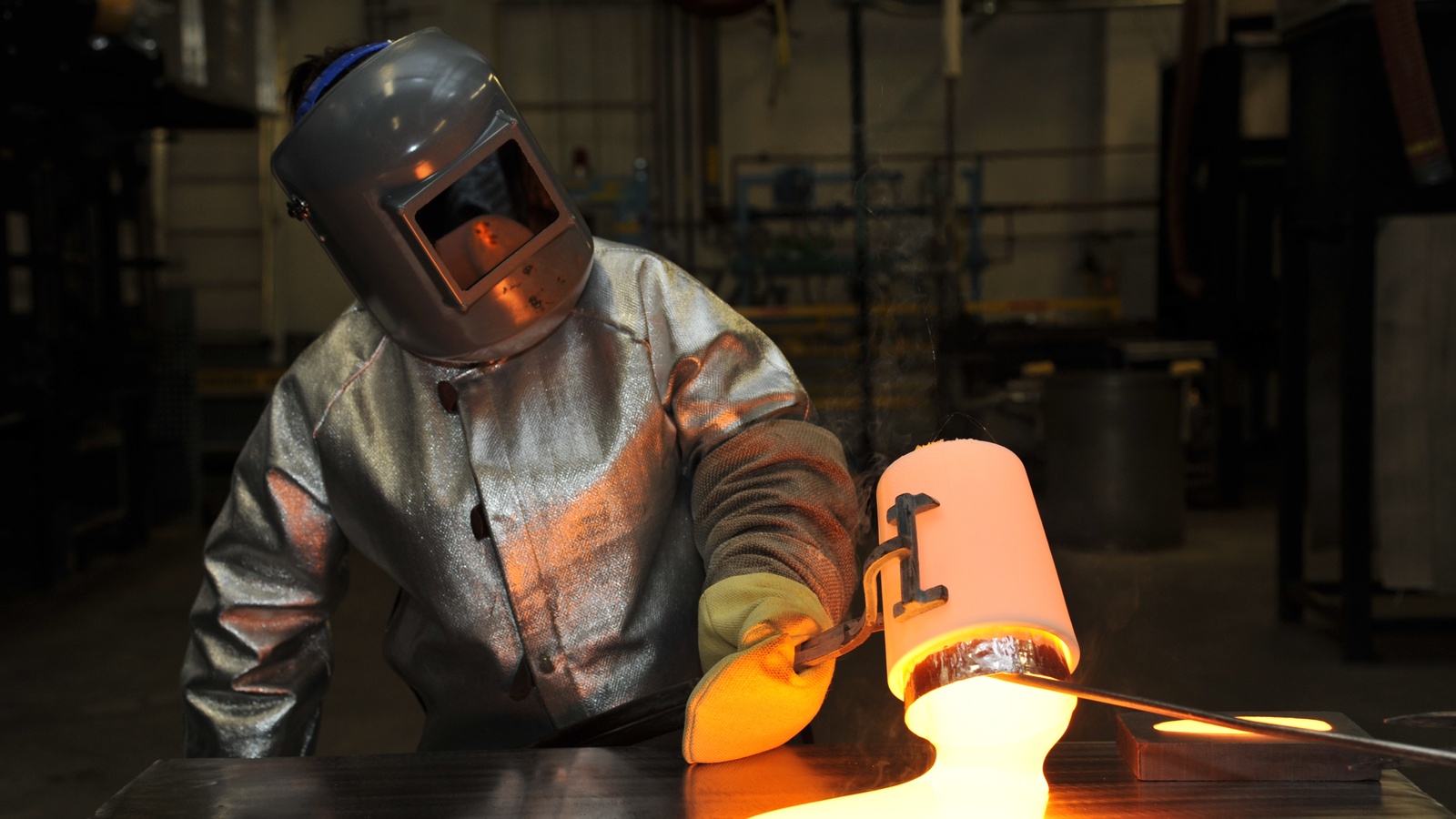Corning Confronts R&D Hurdles

This story can also be found within the NAM’s R&D action center.
Corning Incorporated has been turning out innovations for well over a century and a half—since 1851, to be exact. But a recent change in tax policy that makes R&D more expensive could have a significant impact on the company’s ability to build on its impressive history.
- “We have a wonderful track record for innovation,” said Tymon Daniels, vice president of tax at Corning, a material sciences manufacturing company with a focus on glass.
- “In 1897, when Thomas Edison was working on electric lights, he came to us to make the glass bulbs. 110 years later, when Steve Jobs was working on the iPhone, he came to us to make the glass used for the screen. More recently, we figured out a way to make special glass vials that sped up production of the COVID vaccine. … We’ve been able to do this because of R&D.”
The issue: Until the beginning of 2022, businesses could deduct 100% of their R&D expenses in the same year they incurred the expenses. Starting this year, however, a tax law change requires businesses to amortize or spread their R&D expenses out over a period of five years, making it more expensive to invest in growth and innovation.
The impact: According to Daniels, the abrupt change in a policy that has existed for decades poses a serious challenge for the company.
- “The R&D deduction has been in existence for over 70 years—a very good tax policy. Requiring the amortization of R&D expenses is a dramatic shift to a very bad tax policy,” said Daniels. “It causes a significant spike in cash taxes.”
The trade-offs: At a time when company leaders are trying to make decisions about how to invest finite resources, a significant increase in the tax burden can hinder future growth plans, Daniels emphasized.
- “Our C-suite is trying to make decisions about big issues like capital expenditures and jobs,” said Daniels. “This makes those decisions harder and comes at a time when the economic outlook is highly uncertain.”
The action: Corning is asking Congress to find a solution, and quickly.
- “We need lawmakers to extend the full deductibility of R&D expenses,” said Daniels. “If Congress can’t make a permanent fix, then at least making full deductibility retroactive to 2022 and extending it through 2025 would still be good. Otherwise, the impact to Corning may be extra cash taxes of roughly $150 million in 2022 alone.”
The last word: “Requiring the amortization of R&D is all I’m thinking about right now,” said Daniels.
